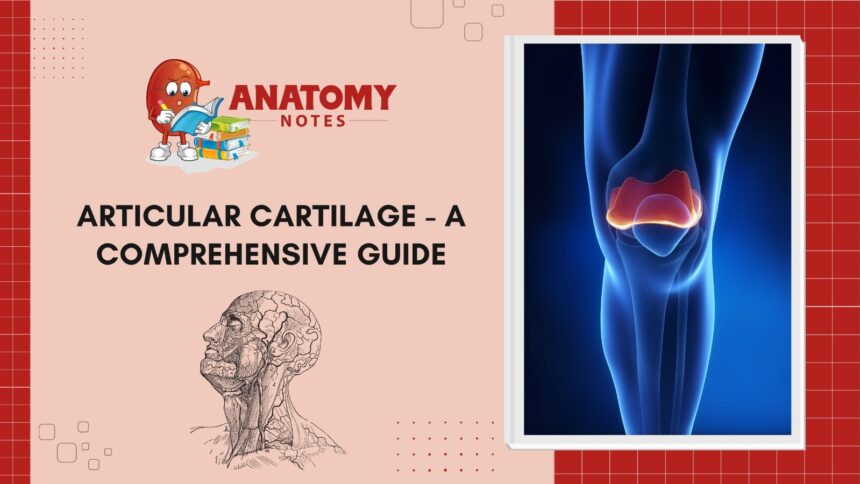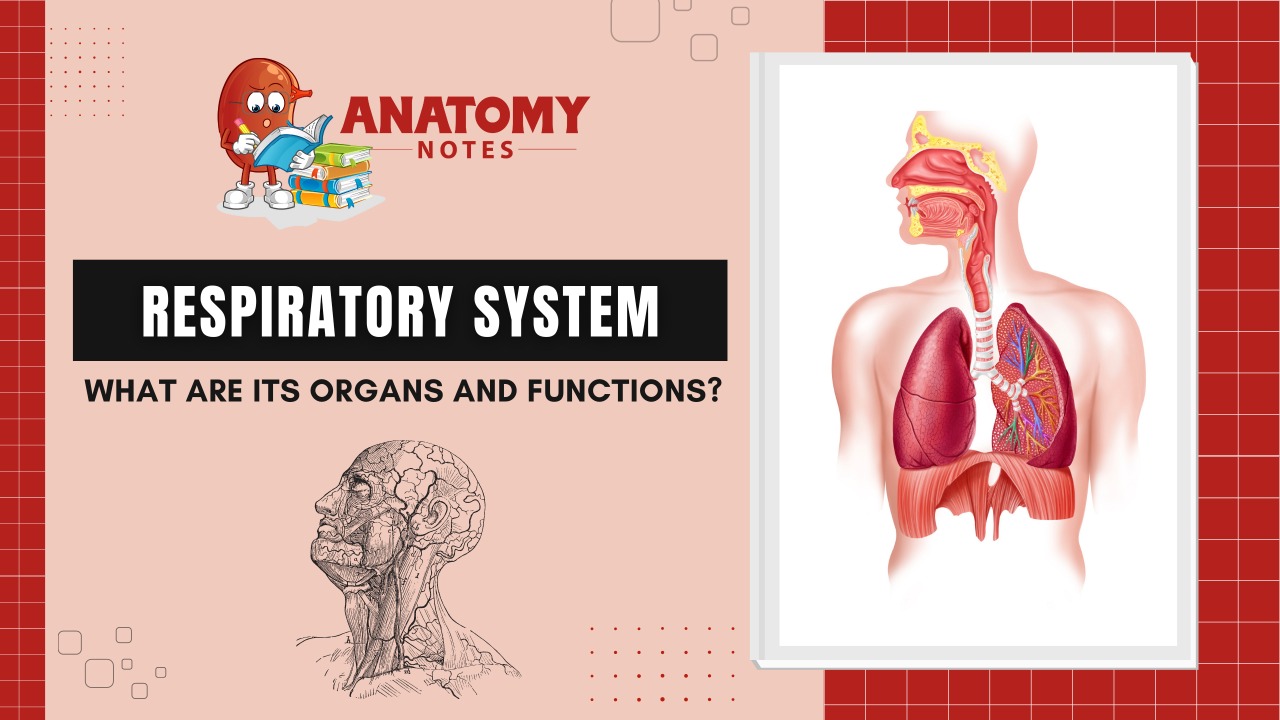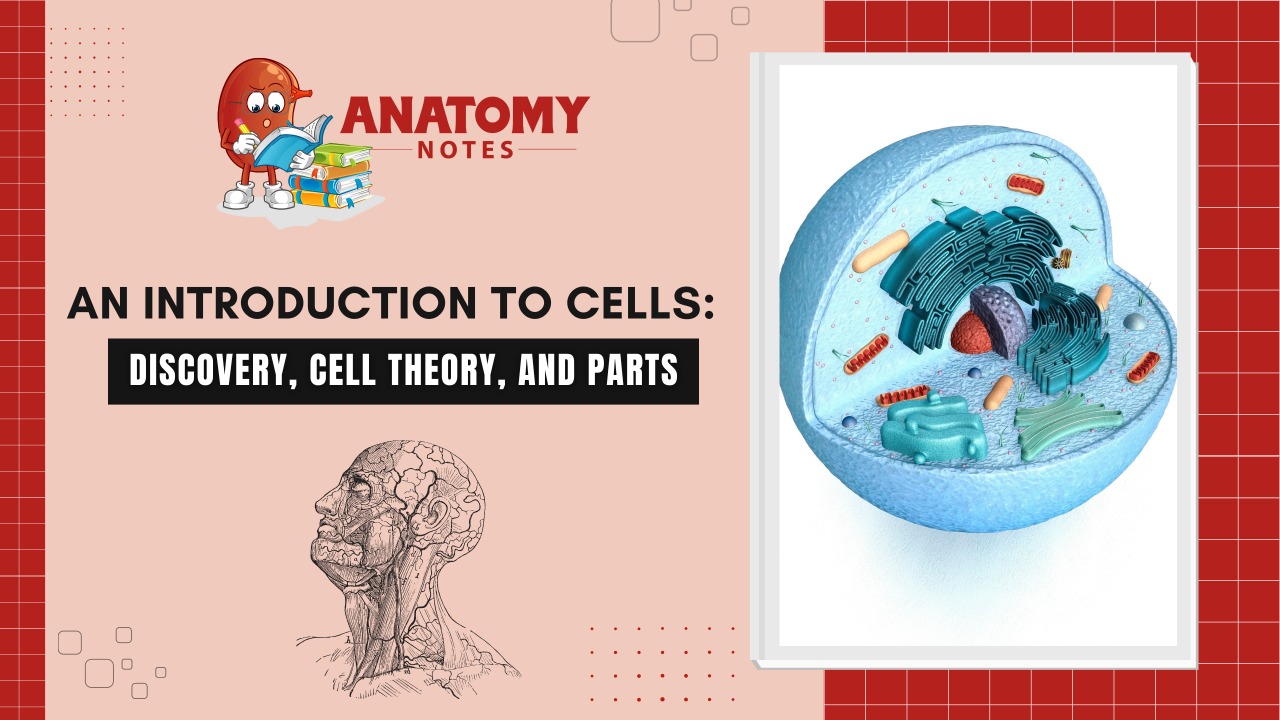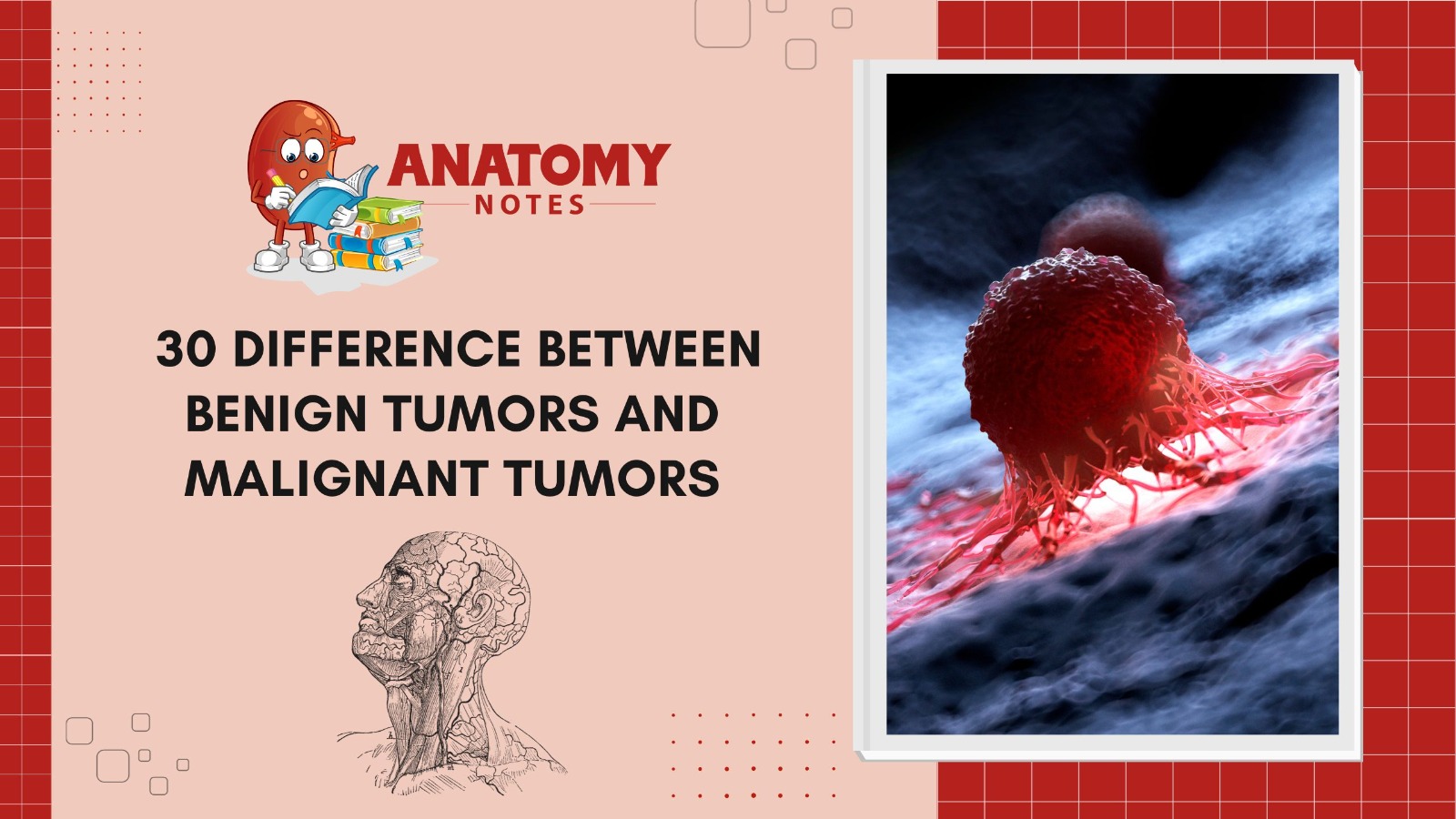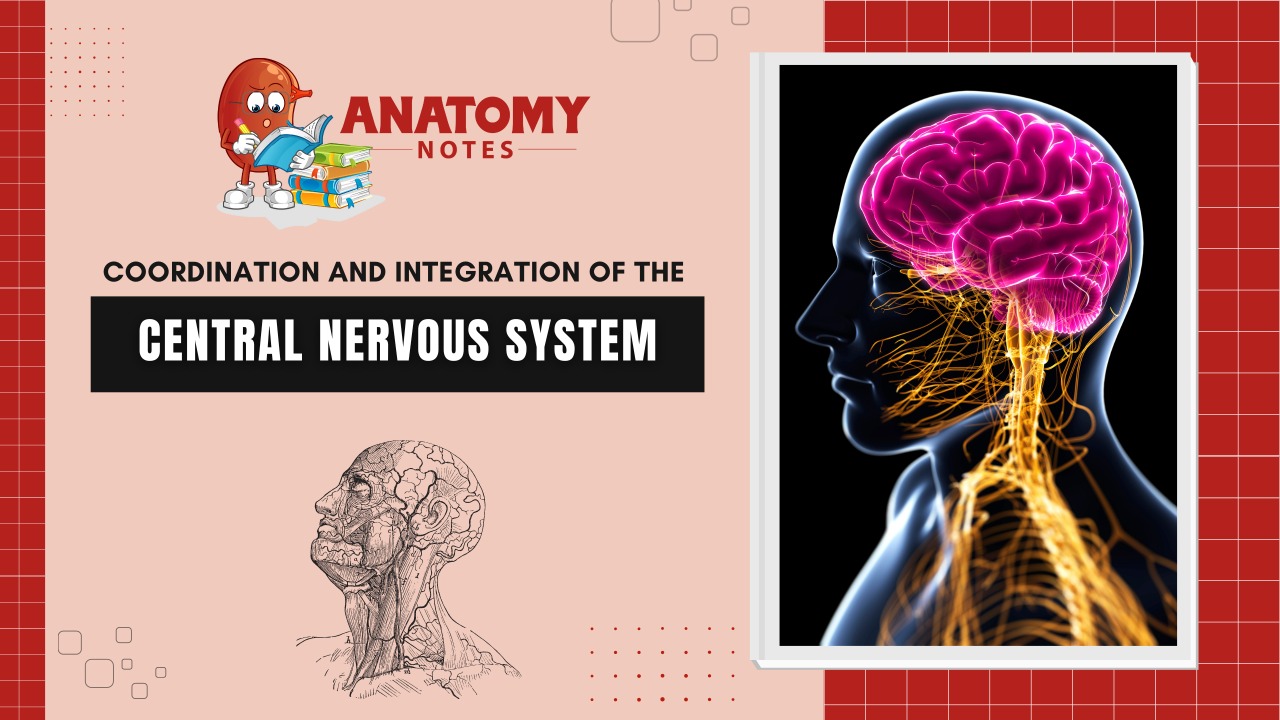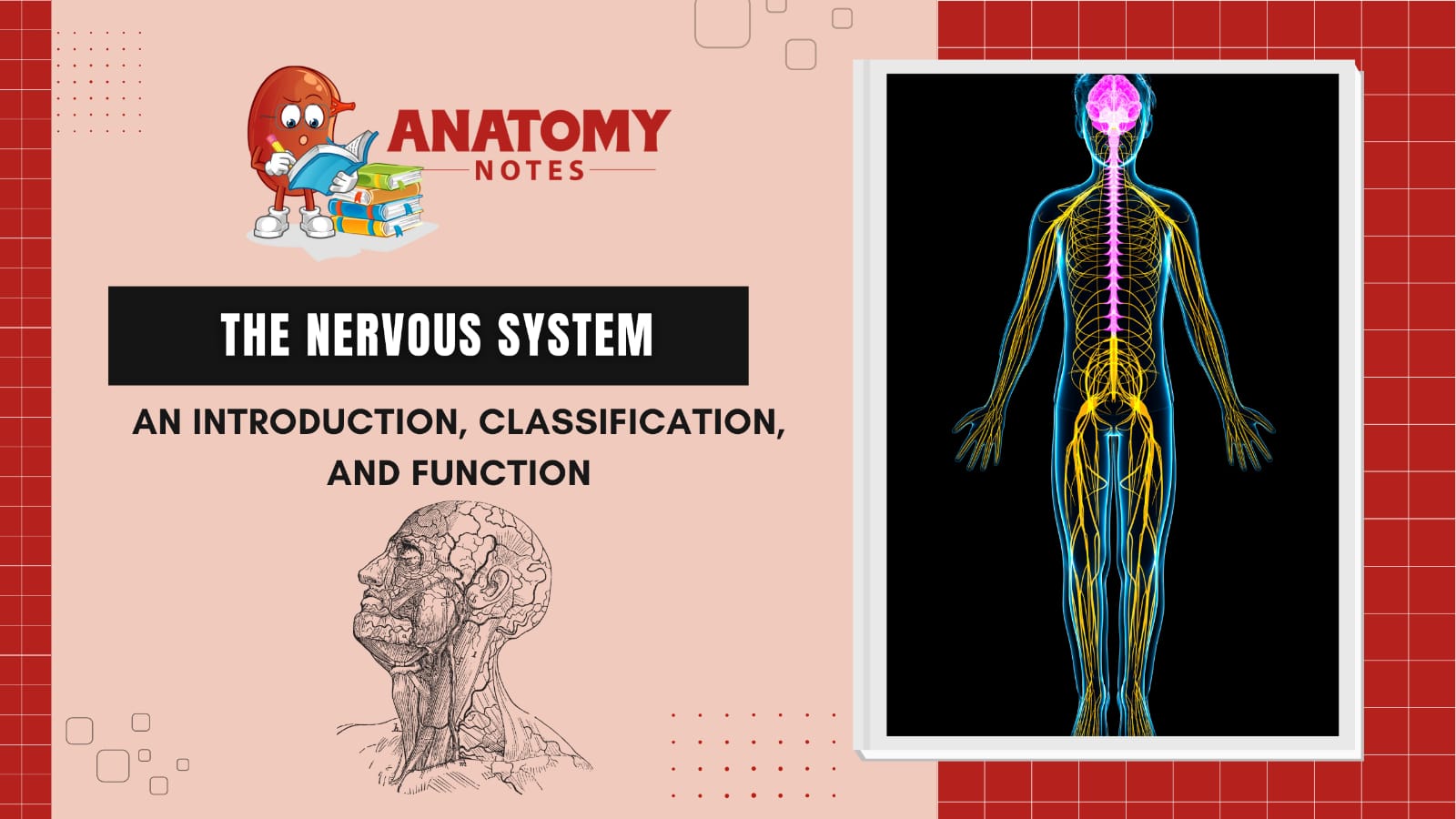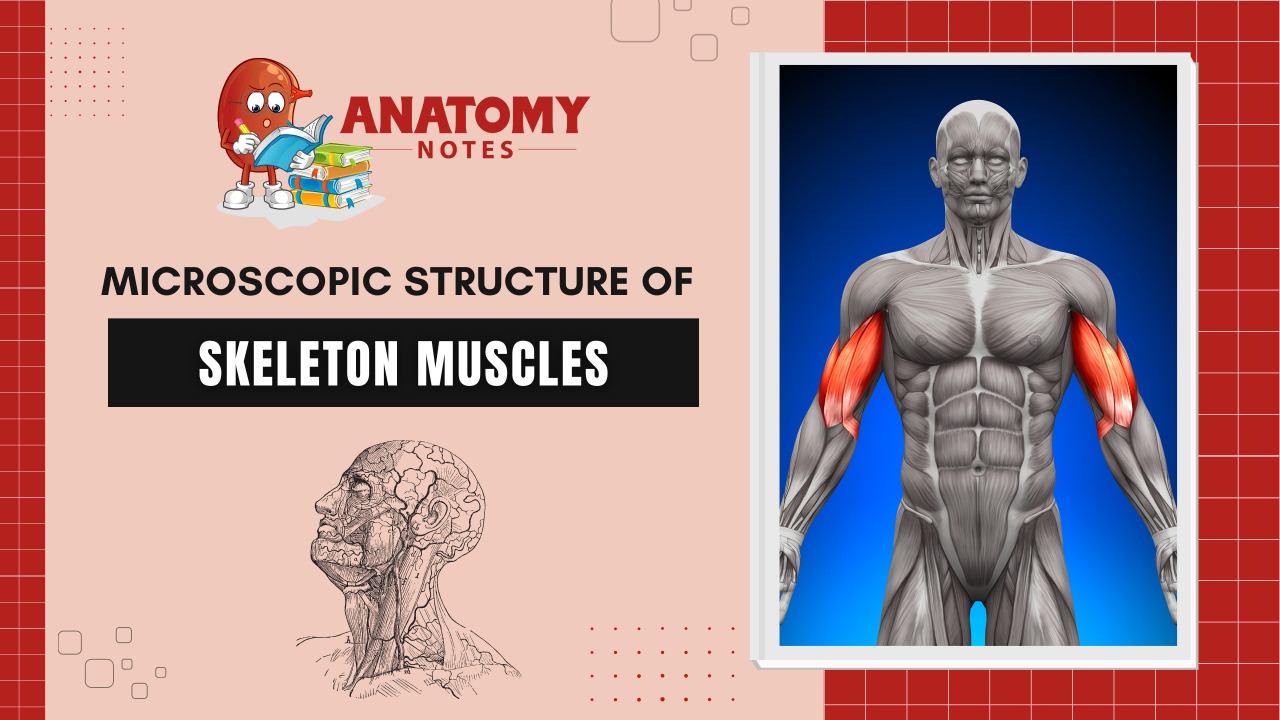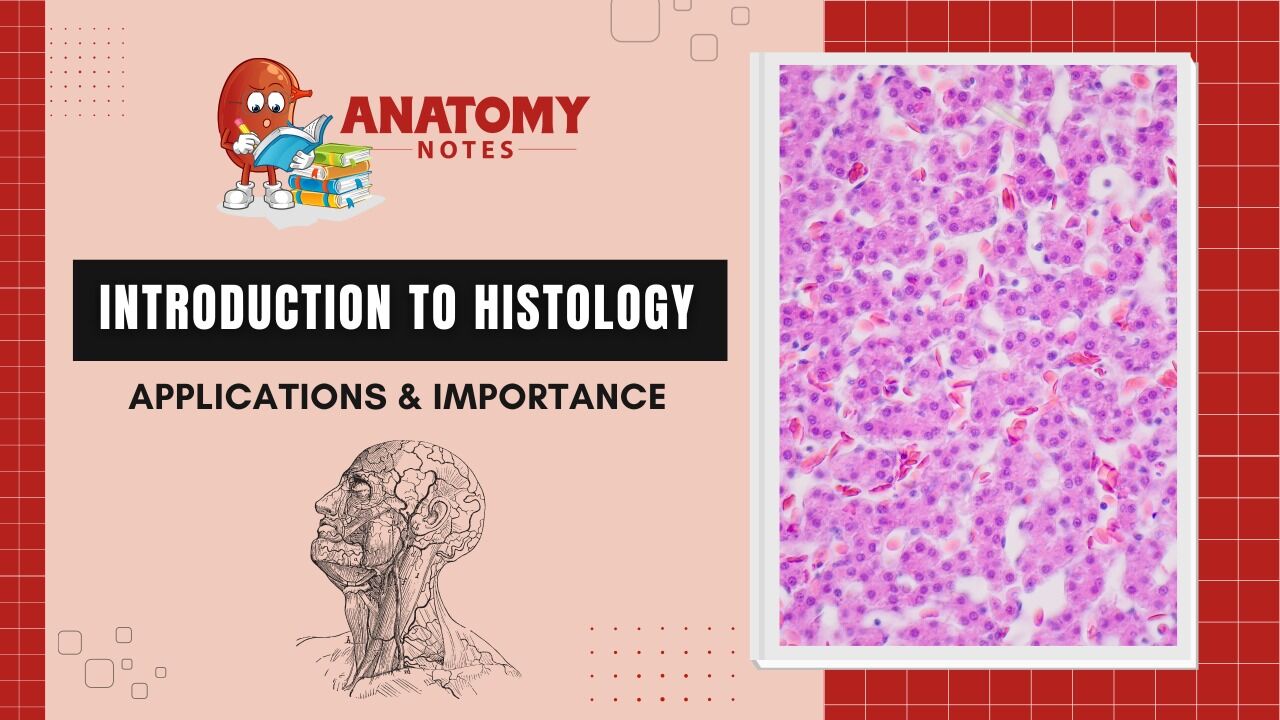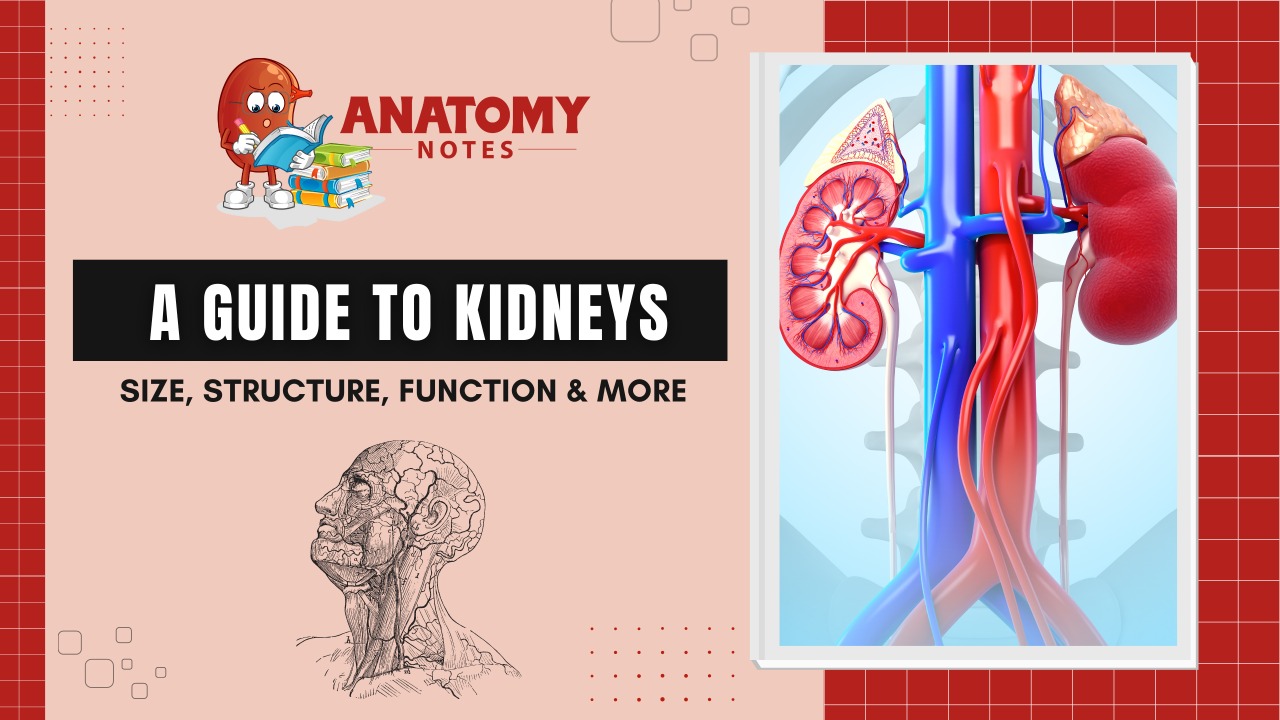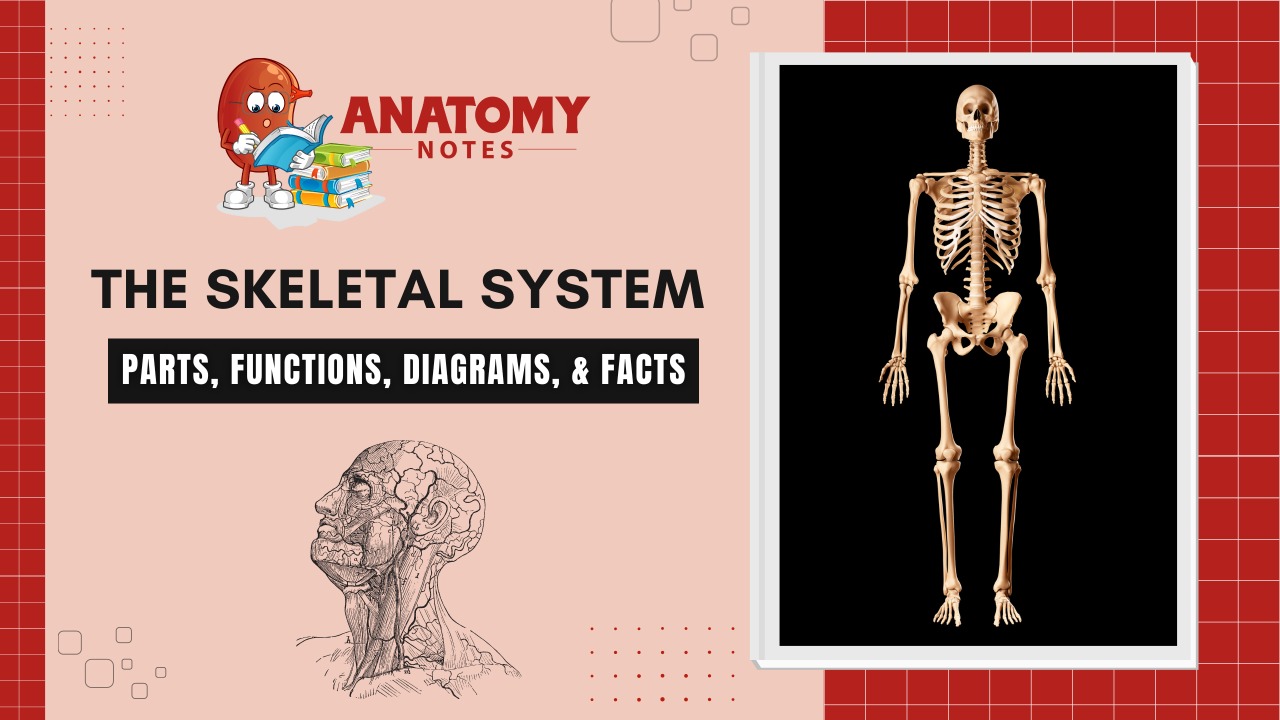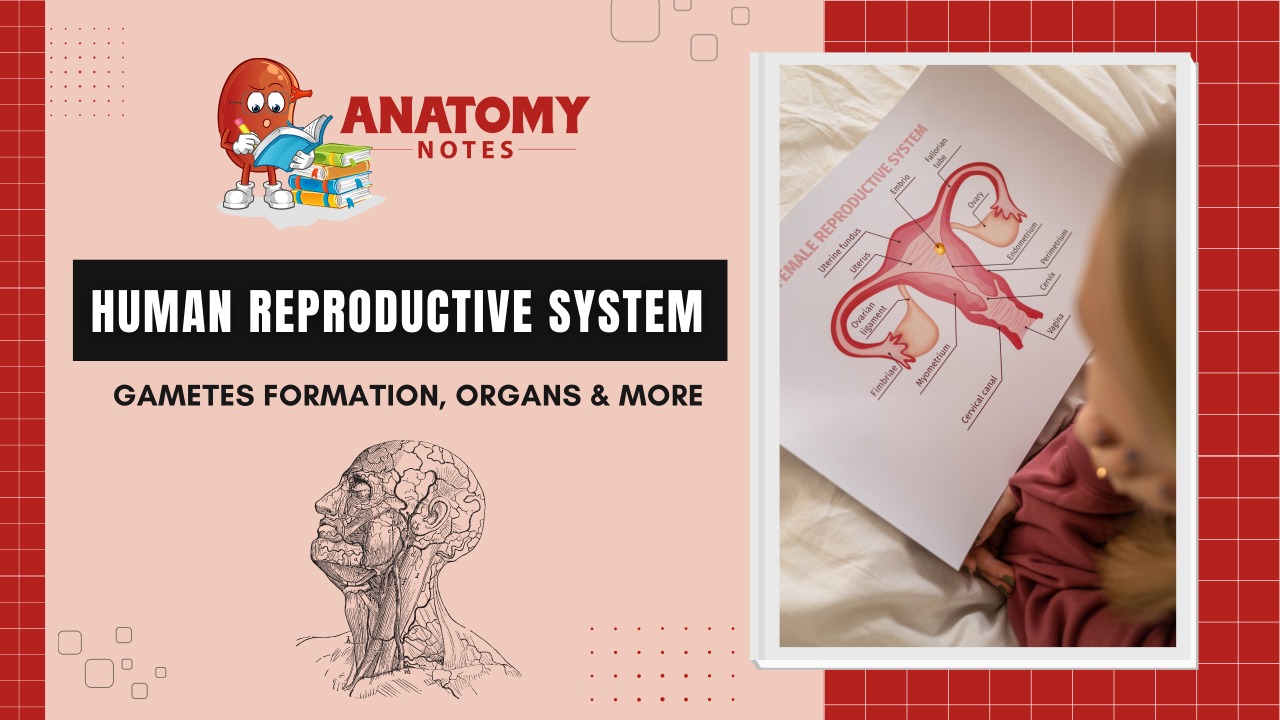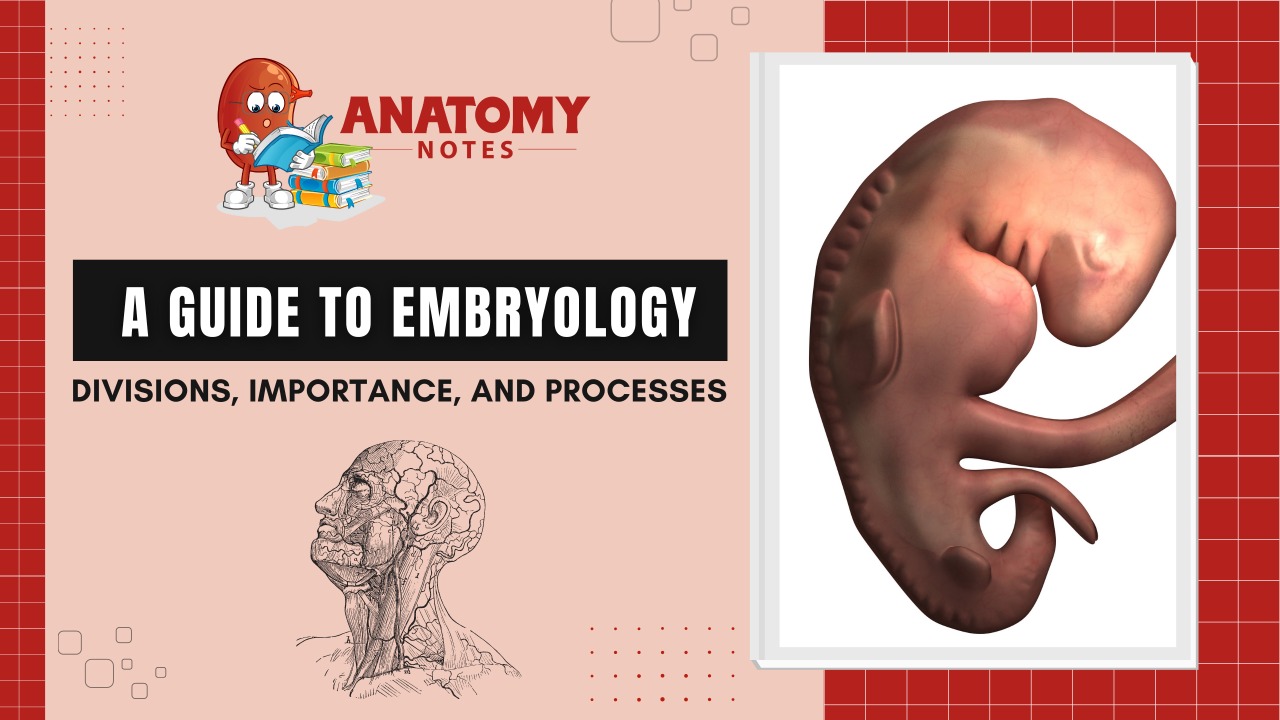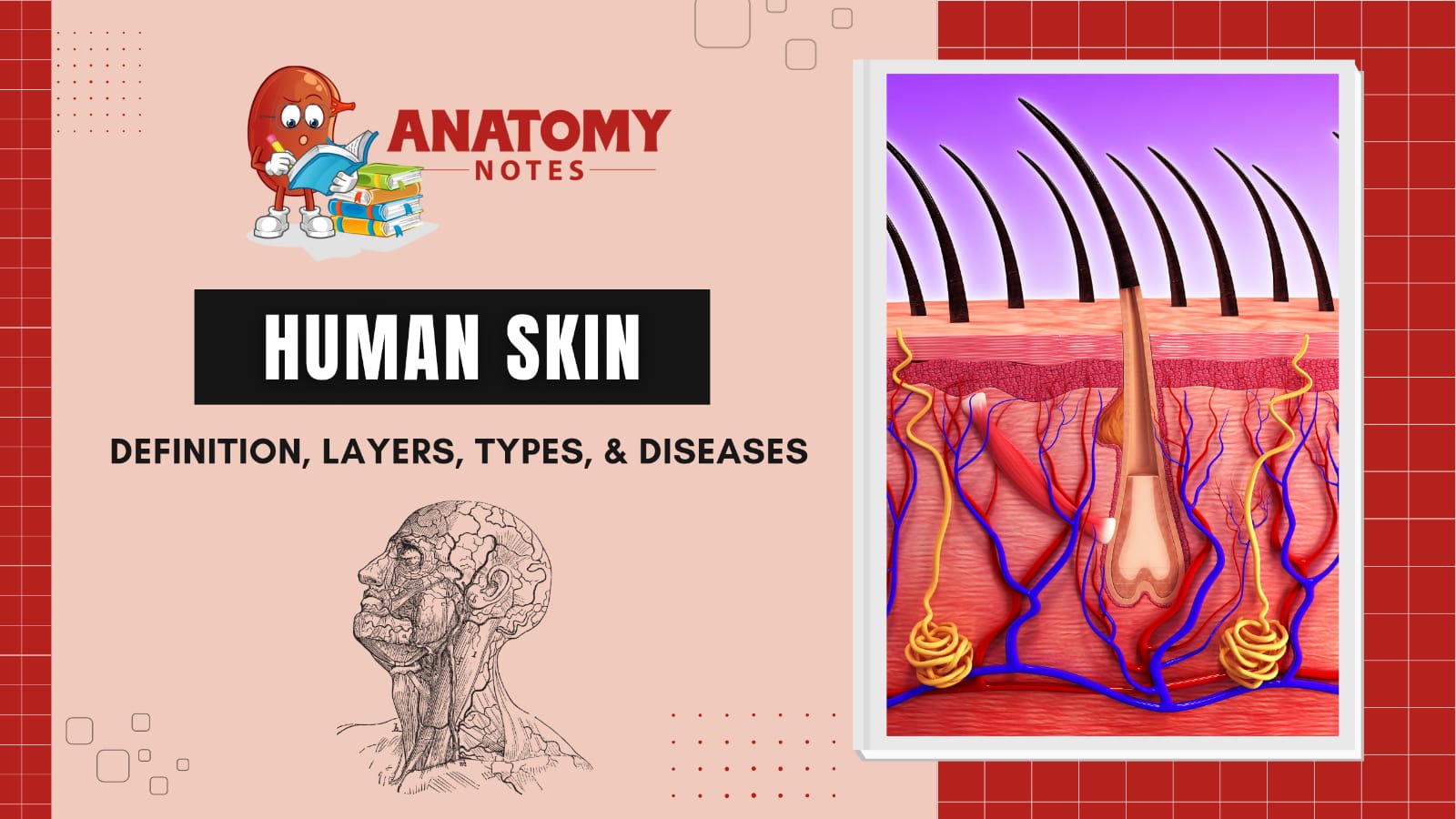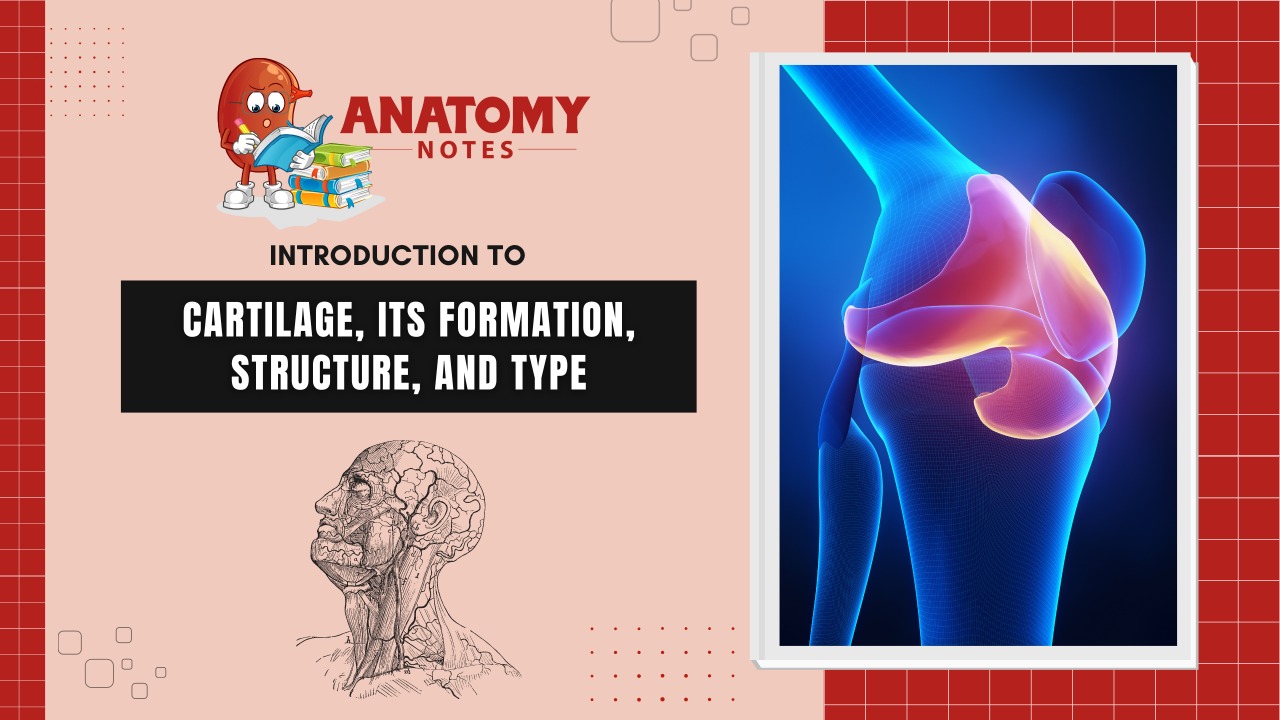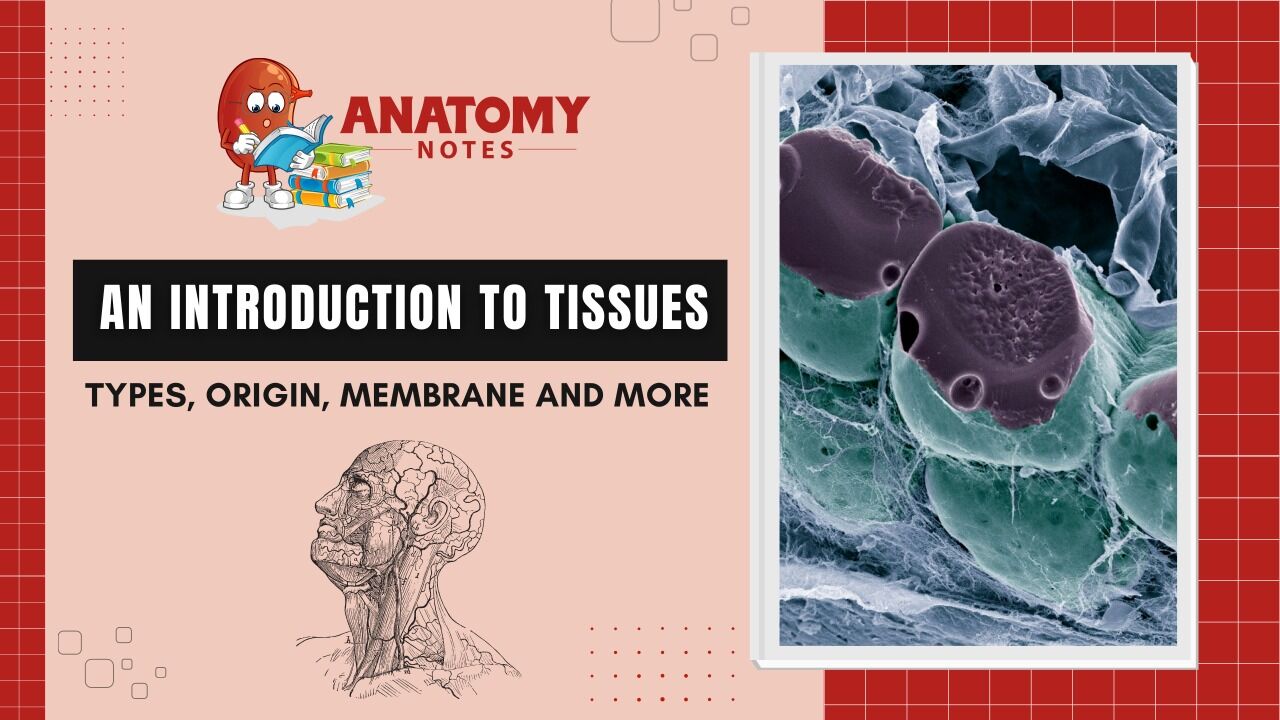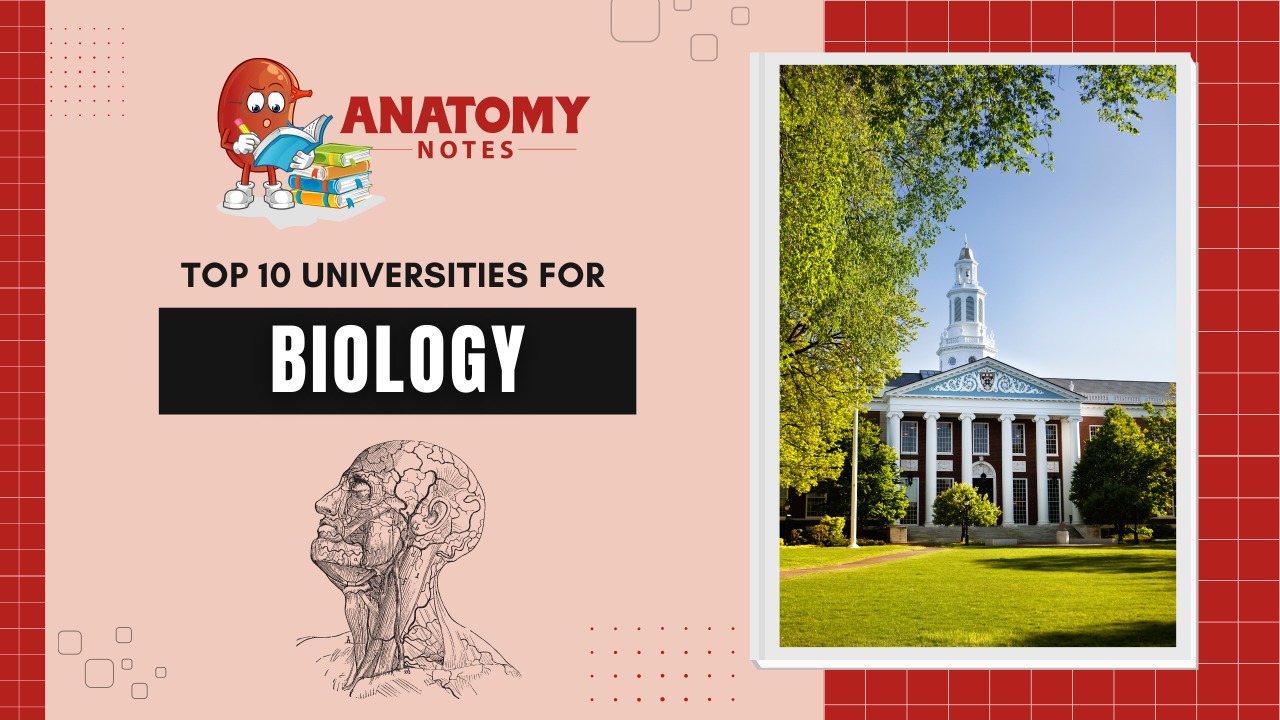Recent Post
Articular Cartilage – A Comprehensive Guide
Introduction to Articular Cartilage Welcome to the fascinating world of articular cartilage – the unsung hero that keeps our joints moving smoothly and pain-free! If you've ever wondered what exactly…
What is the respiratory system? What are its organs and functions?
When the body breathes, air is drawn into the respiratory system, where it makes a…
An Introduction to Cells: Discovery, Cell Theory, and Parts
The cells are the fundamental structural and functional units of all living organisms, and anything…
Sensory System: Introduction, Organs and Functions
The sensory system represents an integration of the functions of the PNS and CNS. The…
30 Difference between Benign Tumors and Malignant Tumors
Tumors are often classified as benign or malignant based on their health risks. These differences are critical to medical diagnosis and therapy. The development patterns, invasiveness, spreadability, and health effects…
29 Differences between STD and HIV
Human immunodeficiency virus (HIV) and sexually transmitted diseases (STDs) are health issues pertaining to sexual…
43 Difference Between Migraine and Headache
Each head sickness has its own symptoms and peculiarities, however, migraine and headaches are often…
33 Difference Between Podiatrists and Chiropodists
Chiropodists and podiatrists diagnose, treat, and prevent foot and ankle problems. Many people use these…
Coordination and Integration of the Central Nervous System
The central nervous system (CNS) consists of the brain and spinal cord. This body system is responsible for…
The Nervous System: an introduction, classification, and function
The nervous system is the combination of the brain, spinal cord and the complex network…
Introduction to Cartilage, its formation, structure, and type
Introduction Cartilage is a connective tissue found in various parts of the adult skeleton including…
The Skeletal System: Parts, Functions, Diagrams, & Facts
The skeletal system is the internal framework of the body which provides support and protects…
Muscular System: Muscle types, characteristics & functions
The muscular system allows us to move, flex and control our bodies. Practicing yoga is…
Microscopic Structure of Skeleton Muscles
INTRODUCTION OF MICROSCOPIC STRUCTURE OF SKELETON MUSCLES In this topic, we will discuss the features…
Sensory System: Introduction, Organs and Functions
The sensory system represents an integration of the functions of the PNS and CNS. The…
Human Skin: Definition, Layers, Types, & Diseases
Skin is the soft external surface covering of the human body. It is the largest…

Stay in the know, subscribe for anatomy's secrets!
Subscribe now and delve deeper into the wonders of anatomy with us!
Microscopic Structure of Skeleton Muscles
INTRODUCTION OF MICROSCOPIC STRUCTURE OF SKELETON MUSCLES In this topic, we will discuss the features…
An Introduction to Cells: Discovery, Cell Theory, and Parts
The cells are the fundamental structural and functional units of all living organisms, and anything…
Introduction to Histology – Applications & Importance
Histology is the branch of human anatomy which deals with the microscopic study of tissues…
A Guide to Kidneys: Size, Structure, Function & More
Kidneys are present in pair inside the human body, which are located on the left and right side of the…
The Skeletal System: Parts, Functions, Diagrams, & Facts
The skeletal system is the internal framework of the body which provides support and protects the soft organs of the…
What is the respiratory system? What are its organs and functions?
When the body breathes, air is drawn into the respiratory system, where it makes a trip across the body and…
Human Reproductive system: Gametes Formation, Organs & more
Human Reproductive System is made up of the external and internal organs of both males and females and works together…
Gastrointestinal System – Intro, Functions, Movements & Organs Associated
The gastrointestinal system is also known as the digestive system. It is a collective name…
Introduction to the Endocrine System – Its Structure & Function
The endocrine system helps to perform several body processes by the function of hormones including…
A Guide to Kidneys: Size, Structure, Function & More
Kidneys are present in pair inside the human body, which are located on the left…
An Overview of the Lymphatic System’s Function & Organs
The lymphatic system is a vascular network of tubules and ducts that collect, filter and…
A Guide to Embryology: Divisions, Importance, And Processes
Embryology is the study of the origin and the development of embryo till maturation. In this branch of human anatomy we investigate the molecular, cellular, and structural factors which contribute…
Human Skin: Definition, Layers, Types, & Diseases
Skin is the soft external surface covering of the human body. It is the largest organ of the body. The…
Introduction to Cartilage, its formation, structure, and type
Introduction Cartilage is a connective tissue found in various parts of the adult skeleton including all joints between bones and…
An Introduction to Tissues: Types, Origin, Membrane and More
The Human body consists of at least 200 distinct types of cells. These cells contain essentially the same internal structures…
The Top 10 Global Universities for Biology
A major in biology provides an in-depth study and perspective of the natural world. In addition, it teaches you how to conduct research, solve problems, organize, and think critically. You…
Our Categories
- Basic Anatomy
- Cardiovascular System
- Contributions
- Difference Between
- Embryology
- Endocrine System
- Gastrointestinal Tract
- Histology
- Integumentary System
- Lymphatic System
- Muscular System
- Nervous System
- Radiology
- Reproductive System
- Respiratory System
- Sensory Organs
- Skeletal System
- Cartilage
- Skin and Fasciae
- Tissues
- Urinary System
- Kidney


